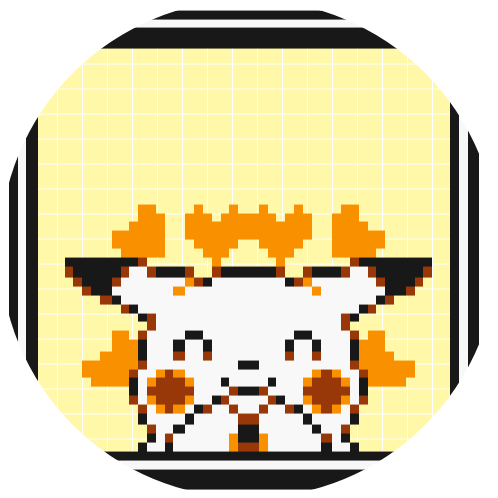What I think is interesting about the word flea market is that it’s a calque in pretty much all languages.
The Swedish word is “loppis”, which is a cutesy colloquial term for “loppmarknad.” Loppa, meaning flea, and marknad meaning market.
Flohmarkt in German also means lit. “flea market.”
Marche aux puces is French, where “puce” means flea, I think this might be the origin of the term.
Japanese has the casual term フリマ (fleama), short for フリーマーケット, which is just the English term “flea market”, there’s also the term 蚤の市, just meaning “market of fleas.”I believe Portuguese calls it a “thieves’ market”, but Spanish, Italian, Russian, Turkish, Dutch, and Mandarin all use their own native words for “flea market”; mercado de pulgas, mercato delle pulci, Блошиный рынок, Bit Pazarı, Vlooienmarkt, 跳蚤市场.
For all of the concepts and such that are identical across cultures, few things have universal names. Typically they enter the language as loanwords as well (e.g. karaoke, from Japanese ‘空オケ’, hollow orchestra), so the term “flea market” stands out to me. I’m sure there are lots of other similar things I’m not aware of though.
Edit: It’s worth mentioning that other than Swedish (native), English, and Japanese, I don’t speak any of the other languages. I’ve asked a Russian-American friend about the Russian term, and a friend in Taiwan about the Mandarin term. Otherwise I’ve checked dictionaries and the like. Don’t take my word as fact, I’m not a linguist. It was just a pattern I found interesting, because the term itself is so particular. Any and all corrections are more than welcome.
I’m also delighted by the discussion this has sparked! 💖
Unimportant extra: it’s not a calque in British English, because we don’t use it (to the best of my knowledge). Like a potluck, we have the concept but not a word for it, and we don’t use the American phrases either
We have a car boot sale, but that’s literal
There’s probably regional exceptions
Perhaps the Giant London Flea Market will start a trend: https://www.queenelizabetholympicpark.co.uk/whats-on/giant-london-flea-market
No amount of exceptions and quirks will prevent you from learning any language as long as you have lots and lots of exposure. After your reach a certain base level you just keep improving as you use the language, and even the exceptions start to feel natural.
English is the only language other than my mother tongue I have achieved this level with. I’d like to think at least in writing it’s indistinguishable from a native speaker. Theoretically tho German should be easier for me as I’m Dutch. But my German never reached the same level because of the difference in exposure
English is a germanic language. Is loanword an actual calque, and not an “evolved” version of a root word?
Loanword came into the language around 1860 so it is a claque. If it had been in the vocabulary since old-english then it would just be an evolved version of the German root.
English is not a language.
English is 6 drunk raccoons driving an M1 Abrams through a Wendy’s drivethru.
Urgh, I resent the english language so much. It’s so inconsistent and weird and unintuitive, which my dumb-dumb rules-focused brain just does not gel with. We should all just use Esperanto or something instead.
Also has millions of people ready to correct your pronunciation of a word that is written completely randomly compared to how it’s spoken.
Gaelic is worse about this. I’ve joked before that the best way to figure out Gaelic pronunciation is to look at the word and figure out the least likely pronunciation that still technically fits the letters, then try to chew on your tongue while saying that.






